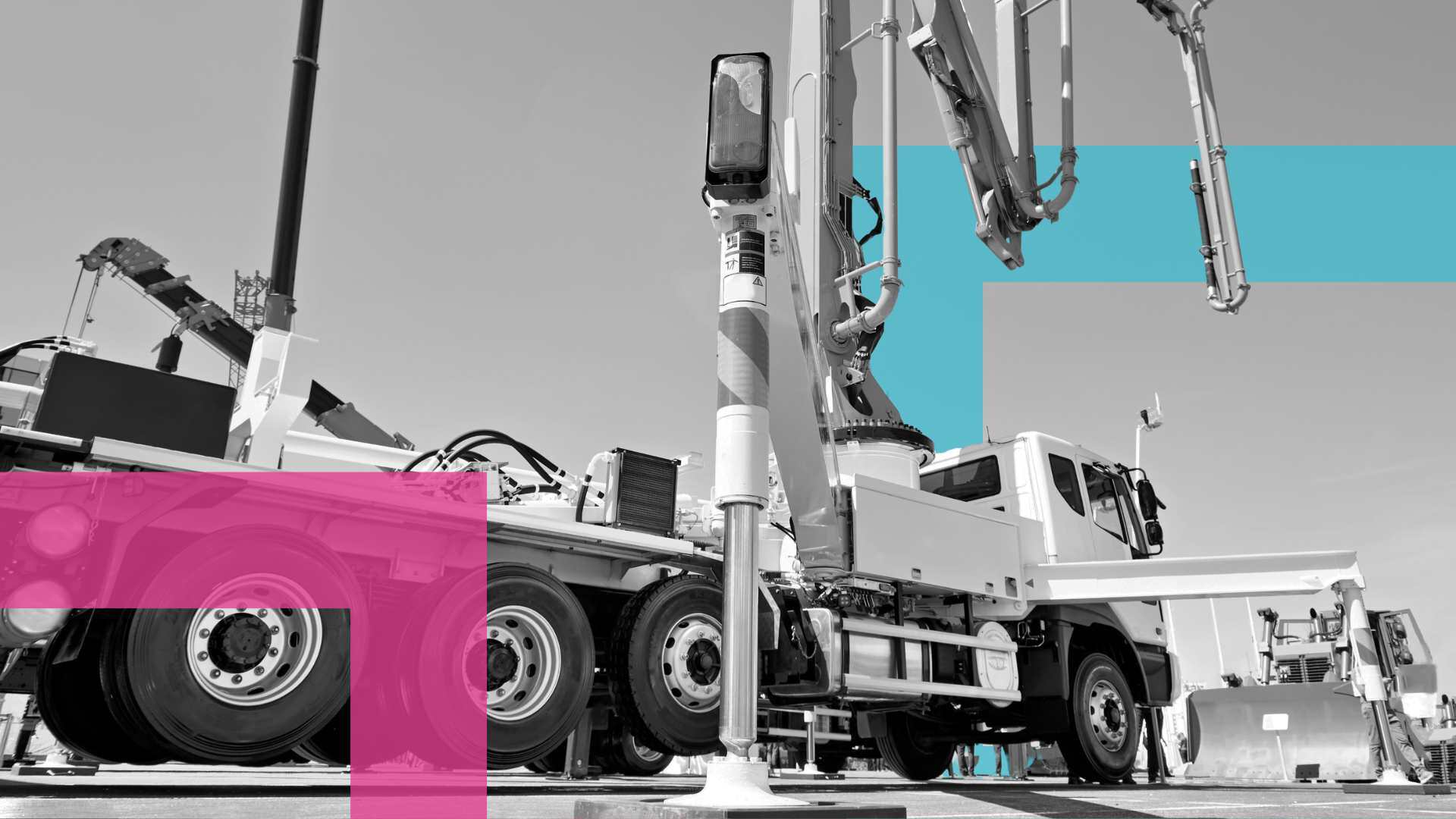Pre Start Plus rebranded to Ideagen Asset Guard
Ideagen Plant Assessor is pleased to announce the rebrand of its flagship pre-start app, Pre Start Plus, to Asset Guard. This rebrand aligns with...
|
|
Machinery Pre Starts
|
|
|
Risk Management &
|
|
|
Document Management
|
|
|
Dashboards & Reporting
|
|
|
Machinery Risk Assessments
|
|
|
Service & Maintenance
|
|
|
Safe Operating Procedures
|
|
|
MySite
|
|
|
View All Features |
Case Studies
Hear from our clients
Events
Find us at industry events
Guides
Find industry-specific guides
Learn
Educational content
News & Articles
Industry news and articles
Safety Legislation
We keep up with safety legislation
so you don't have to
Videos
Find overviews and informative
videos here
Webinars
View upcoming and on-demand webinars
Promotions
See our current promotions
FAQ
All of our frequently asked questions
Help Centre
How to use our software
View a Demo
Let us walk you through Ideagen Plant Assessor features
Release Centre
Product updates and release information
2 min read
![]() Ideagen Plant Assessor
:
Updated on April 19, 2023
Ideagen Plant Assessor
:
Updated on April 19, 2023

The advent of a new year often gives us time to reflect and to plan … well at least when the mad rush associated with Christmas subsides anyway!
At Plant Assessor we produce a significant amount of machine centric and scenario specific material which is often relevant to a particular industry or process. A quick look at the ‘Learn & Support’ section of our website shows we’ve produced hundreds of technical advice sheets, assessment guides and case studies over the years.
We’ve also been on numerous industry and government-backed steering committees and been asked to submit materials for various vehicle standard guides over the years. In short, we have immersed ourselves in making safety practical and simple, and got down to the ‘nitty gritty’ more times than Donald Trump has updated his Twitter feed.
However, at the end of the day, regardless of site location, task, machine or operator, it all comes down to four key reasons why proactively managing safety and undertaking plant risk assessments is crucial for anyone who owns, uses, sells or hires out plant & equipment.
Many businesses in Australia have successfully used safety as a key indicator of business performance. ‘Days lost to injury’ is a common indicator and a good litmus test but by no means should this be seen as the benchmark for a safe worksite.
This shift in safety consciousness can be a long process and most organisations would love a magic wand to be able to adapt behaviours and attitudes around worksite safety from “what we’ve always done” to “what we want to be known for!”.
The challenge of improving workplace behaviour is a substantial and long term one. The most critical aspect of any change program is engaging the target audience by clarifying “What’s in it for me?” When employees and contractors can see the benefit of a change, the chance of change improves significantly.
Safety is something that arguably (at the ‘coal face’) employees are more interested in than employers. No one wants to go home from work in a fundamentally worse state than they arrived. Therefore, safety can be positioned as a relevant “common goal” between employer and employee.
In addition to this, safe outcomes are delivered by assessing and streamlining business processes to identify and treat risks. A substantial component of safety system implementation involves the development and implementation of work procedures, combined with training and competency assessment.
A business will assess and then execute in order to ensure it achieves targeted efficiency and profit outcomes. The saying “good safety is good business” is both logically and historically justifiable.
At Plant Assessor, we subscribe to this way of thinking, and welcome any opportunity to share thoughts with our clients and other industry participants with a view to enhancing both their safety and broader business outcomes.
Over the course of the next few newsletters, we will delve a little deeper into the four core reasons why safety in the workplace is good for business. In the meantime, if you have any questions or comments please don’t hesitate to get in touch
Disclaimer: This information is intended to provide general information on the subject matter. This is not intended as legal or expert advice for your specific situation. You should seek professional advice before acting or relying on the content of this information.

Ideagen Plant Assessor is pleased to announce the rebrand of its flagship pre-start app, Pre Start Plus, to Asset Guard. This rebrand aligns with...
.png)
Many businesses operating machinery still rely on traditional paper pre start books for daily machinery checks. While these booklets serve their...

A concrete company based in Melbourne has been convicted and fined $30,000 after an incident involving a concrete pump resulted in a worker’s hand...